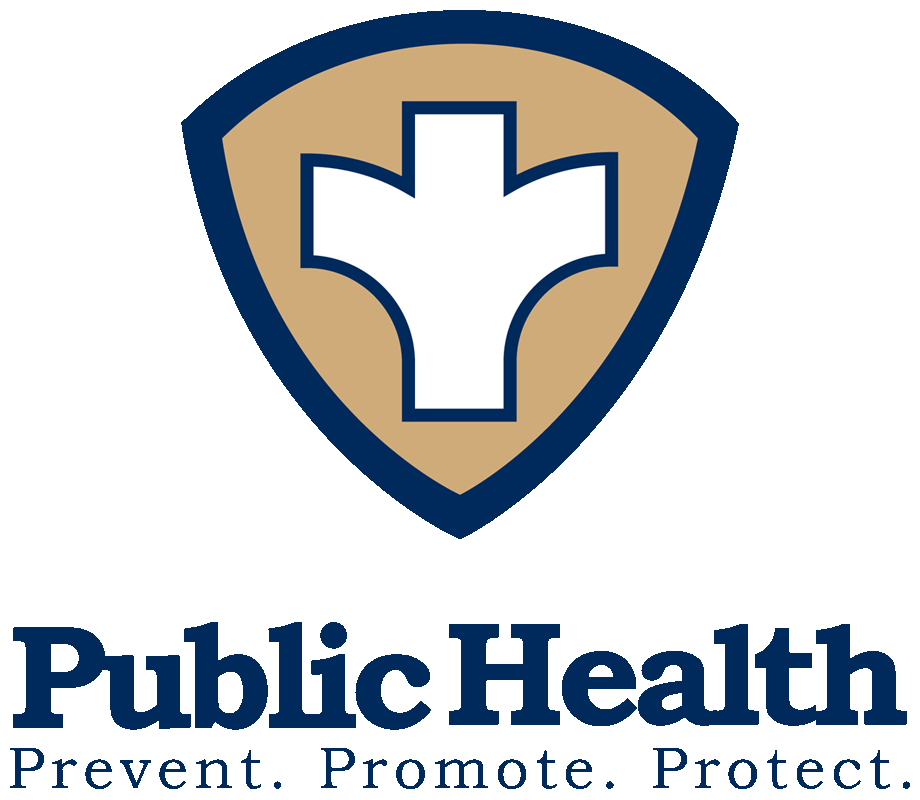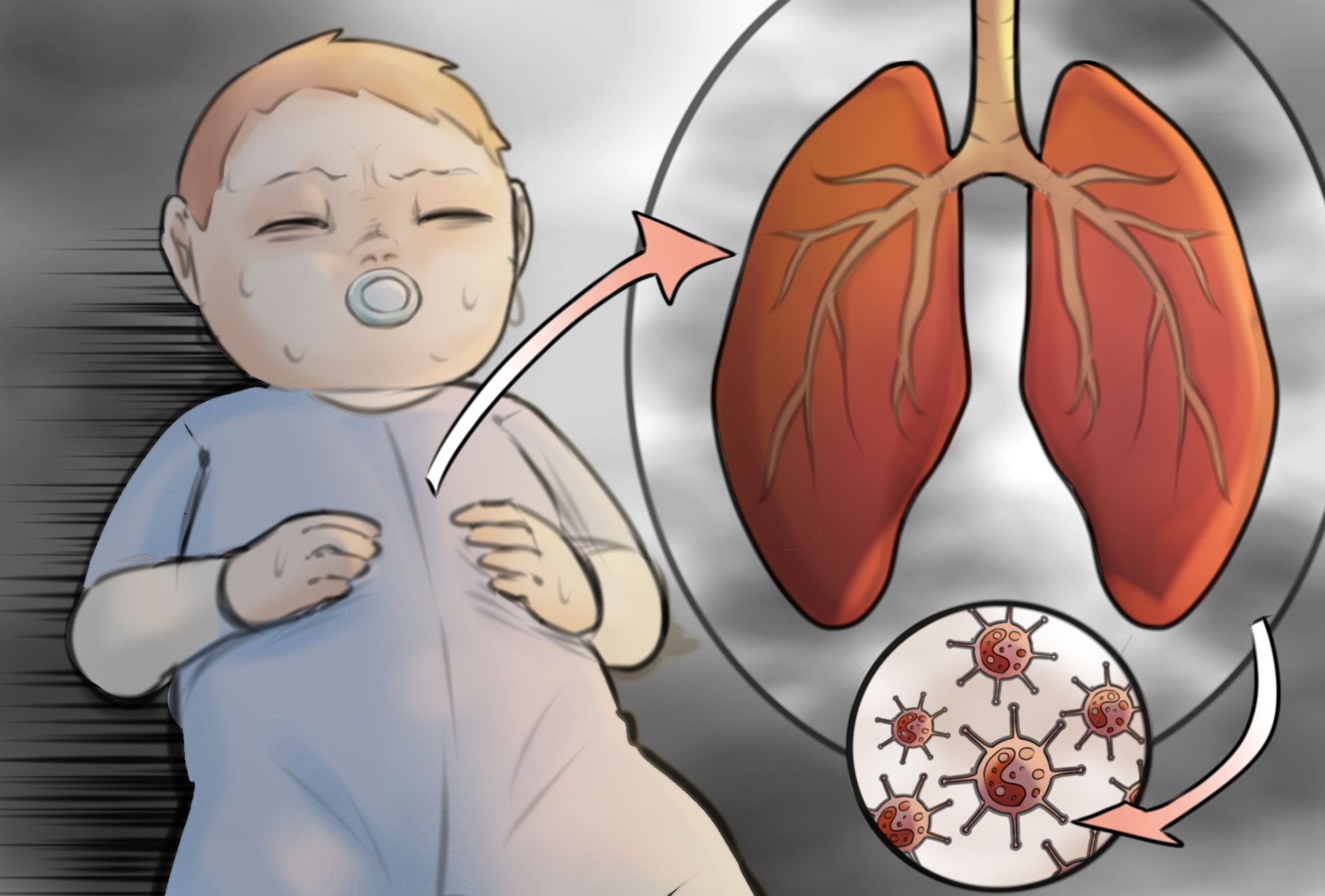Respiratory Syncytial Virus (RSV)
What is RSV?
Respiratory Syncytial Virus (RSV) is a common germ that can make you sick, kind of like a cold. Most people feel better in about one or two weeks, but for babies, especially who are premature or have health problems, it can be severe and life-threatening. Older adults and people with weak immune systems can also have a tough time; they can get pneumonia and have trouble breathing because of RSV.
RSV Immunizations
In 2022, the FDA approved several new shots for babies, pregnant women, and older adults to prevent serious illness from RSV. This is a good summary of what we know in 2024 about the safety and effectiveness of those shots (summary in Spanish.) If you are not likely to get severely sick, you do not need a shot, but can do the everyday things listed here to help stop RSV from spreading.
For adults 60 and older in the United States, the CDC recommends Arexvy (RSVPreF3) or Abrysvo (RSVpreF). You do not need to get the RSV vaccine every year.
During pregnancy, the CDC recommends Abrysvo (RSVpreF). A vaccinated mother will pass some protection from the vaccine to the baby once it is born. The vaccine is recommended during RSV season to people who are 32 through 36 weeks pregnant.
If the mother did not get Abrysvo while pregnant, the CDC recommends the monoclonal antibody, Beyfortus (Nirsevimab), for infants younger than 8 months. Beyfortus is also recommended for toddlers aged 8 through 19 months who are at increased risk for severe RSV disease and entering their second RSV season.
Here’s where to get RSV shots in Wasco, Sherman, and Hood River counties:
-
-
Adventist Health Columbia Gorge Clinics (formerly MCMC) and Providence Women's Clinic in Hood River have Abrysvo for pregnant patients who see a doctor in one of their clinics.
In The Dalles, Rite Aid, Walgreens, and Fred Meyer stock Abrysvo and will administer it to pregnant people. In Hood River, Rite Aid, Walgreens, and Safeway stock Abrysvo.
-
Adventist Health Columbia Gorge Clinics (formerly MCMC), One Community Health, and Columbia Gorge Family Medicine have Beyfortus for infants who get care at their clinics.
Providence Clinics in Hood River do not keep Beyfortus in stock, but will order it. If your child sees a doctor at Providence, ask them to order it.
We at NCPHD also have Beyfortus. Call us at 541-506-2600 to schedule an appointment.
For more info on which shot is right for you, check the CDC website.



